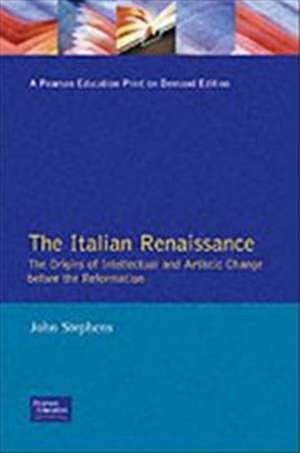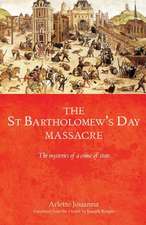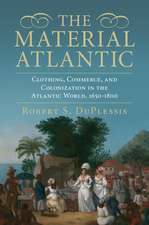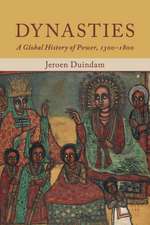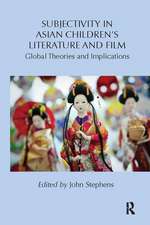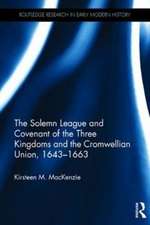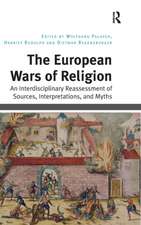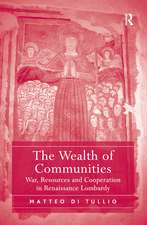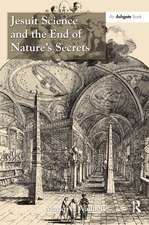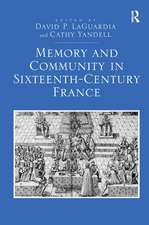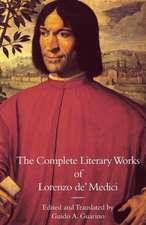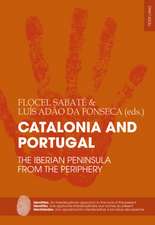Italian Renaissance, The: The Origins of Intellectual and Artistic Change Before the Reformation
Autor John Stephensen Limba Engleză Paperback – 15 oct 1990
Preț: 427.16 lei
Preț vechi: 502.54 lei
-15% Nou
Puncte Express: 641
Preț estimativ în valută:
81.73€ • 85.35$ • 67.49£
81.73€ • 85.35$ • 67.49£
Carte tipărită la comandă
Livrare economică 16-30 aprilie
Preluare comenzi: 021 569.72.76
Specificații
ISBN-13: 9780582493377
ISBN-10: 0582493374
Pagini: 274
Dimensiuni: 156 x 234 x 15 mm
Greutate: 0.45 kg
Ediția:New.
Editura: Taylor & Francis
Colecția Routledge
Locul publicării:Oxford, United Kingdom
ISBN-10: 0582493374
Pagini: 274
Dimensiuni: 156 x 234 x 15 mm
Greutate: 0.45 kg
Ediția:New.
Editura: Taylor & Francis
Colecția Routledge
Locul publicării:Oxford, United Kingdom
Public țintă
UndergraduateCuprins
List of plates. List of figures. Preface. Part 1: Humanism. 1. Introduction. 2. Concepts and assumptions. 3. Humanitas. 4. The source of Humanitas. 5. Petrarch and his successors. Part 2: The artist, the patron and the sources of artistic change. 6. Introduction. 7. Theories. 8. Artistic innovation and the artist's relations. 9. The influence of humanistic ideas. 10. Conclusions. Part 3: The achievement of the Italian Renaissance. 11. Man and society. 12. The intellectual and the ideal of intellectual. 13. Classical scholarship. 14. Historiography. 15. Renaissance and reform. Postcript: Future Prospects. Bibliography. Index.
Descriere
In this fascinating study, John Stephens inteprets the significance of the immense cultural change which took place in Italy from the time of Petrarch to the Reformation, and considers its wider contribution to Europe beyond the Alps. His important analysis (which is designed for students and serious general readers of history as well as the specialist) is not a straight narrative history; rather, it is an examination of the humanists, artists and patrons who were the instruments of this change; the contemporary factors that favoured it; and the elements of ancient thought they revived.
